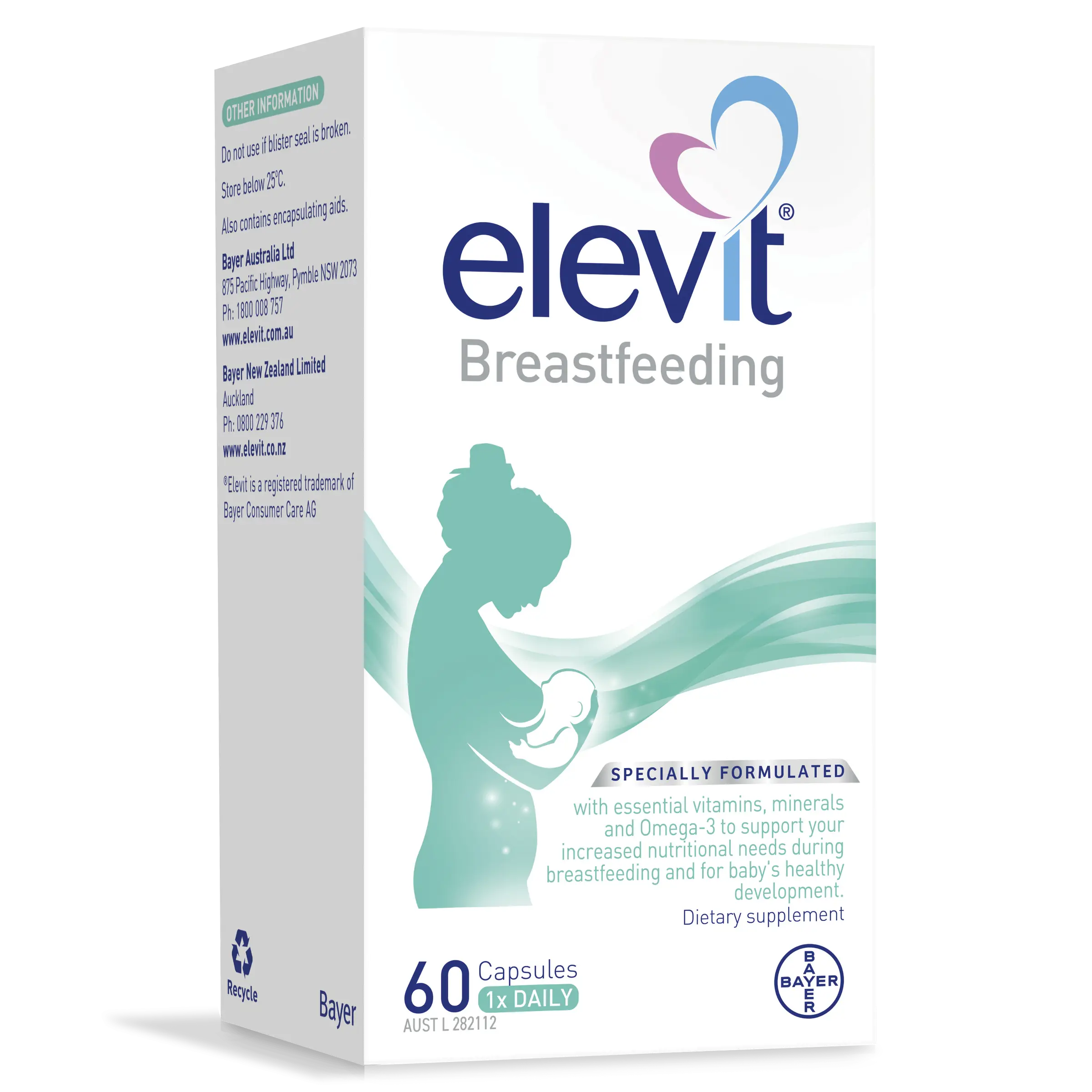What Are The Benefits of Breastfeeding?

On this page
Tresillian is here for you - 7 days a week. If you are having breastfeeding difficulties you can now self-refer to Tresillian services by calling our Parent’s Help Line on 1300 272 736. Call now to talk to one of our experienced nurses about which Tresillian service will best suit you.
The benefits of breastfeeding
Breast milk is the ideal food for your baby’s healthy growth and development. There are many good reasons to breastfeed – physical, social and emotional.
You probably know all the reasons why breastfeeding is a good idea, but let’s review them anyway:
- Breast milk is always available when your baby is hungry and needs a feed.
- Establishing breastfeeding is convenient – it requires no preparation, is always at the right temperature and you don’t need to buy breast milk.
- Breast milk has all the proteins, fats, vitamins and carbohydrates that your baby needs for the first six months.
- Breast milk is easily digestible, suitable for your baby’s immature digestive system.
- Breast milk is easily absorbed in your baby’s gut, so she receives nutrients quicker.
- Your baby acquires immunity to some illnesses through your breast milk, such as tummy upsets and colds.
- Breast milk is linked with improved vision and early brain development.
- Breast milk helps to establish a healthy gut microbiome in your baby, which helps with her immune system both now and later in life. Recently, a growing body of research has demonstrated the importance of the gut microbiota and its relationship with health and diseases, such as allergies. Breastfeeding has the potential to shape the gut microbiota and composition in early life through your baby being exposed to microbiota, directly via breast milk and indirectly via maternal milk factors.
Some researchers have thought about breastfeeding advice from a different perspective and asked women what else they needed to breastfeed successfully. You won’t be surprised to know that women are more interested in social and emotional aspects, such as:
- Baby’s health and satisfaction with the feed
- That both mother and baby enjoy the feed
- That the woman feels fulfilled by breastfeeding
- Breastfeeding being a harmonious experience between mother and baby
- Breastfeeding being suitable with the woman’s lifestyle.
Breastfeeding FAQ's
Some mothers are able to continue to fully or partially breastfeed their baby for many months after returning to work. It does take some pre-planning, but it’s worth the effort. Don’t be put off easily. Discussing your desire to breastfeed with your employer may help to gain some support. Start by expressing extra breastmilk and freezing it. If you haven’t been expressing, it might take a little while to build up your milk supply to be able to express more than a few milli-litres of milk each time you express. Hiring an electric breast pump may make the process easier. You may need to express at work to keep your breasts comfortable. Keep the milk refrigerated and bring it home in an insulated cool bag. Some mothers find regular expressing difficult to maintain. However, your baby can be offered an infant formula when you are at work, and still be breastfed at home. Many mothers and babies are able to continue to partially breastfeed for many months with this more flexible arrangement.
Going from being the centre of attention to having to share attention with another can be very difficult when you are 2 ½ years old (see Introduction). Organise a snack for your 2½ year old child to have while your baby is feeding. Make the snack fun by putting the food into a lunch box and adding interesting healthy foods. Place a rug on the floor so he can have a picnic. Having a special DVD or television show to put on while you feed can help keep your toddler occupied and happy. Have a special book to read or toy to play with during feeding time. This can act as a distraction and make feeding a special time. Tell your son that you will spend some time playing with him when you have put the baby down to sleep. Make sure you carry through with any promises you make to spend time with your son. Providing some structured attention with mummy or daddy can really make a difference as does encouraging extended family and friends to share some of their attention with both your son and baby.
As you have a couple of weeks until you are admitted to hospital, building up a supply of breast milk in your freezer will provide milk for your baby when you are unable to feed. In hospital, arrange ahead for your baby to room in with you (as per hospital policies to promote, protect and support breastfeeding), with the support of your partner or alternately to be brought into you at regular intervals to breastfeed. When you are being admitted talk to the nurses about your needs as a breastfeeding mother. You may need to ask for assistance to sit up to breastfeed or to express when you have returned from the operation. At home, your baby may be a little fussy or even refuse the breast when they are reintroduced to the breast. This may be a reaction to the emotional and physical separation of mother and baby and if the baby needed to be temporarily offered milk feeds from a bottle. Gently persist in offering the breast, as it may take a little while before baby settles back into a good feeding pattern.
Our nurses and paediatricians are committed to supporting breastfeeding if this is the mother’s chosen method of feeding her baby. Breastfeeding encouragement, education and support is provided to mothers striving to overcome difficulties breastfeeding. However, if a mother makes the decision to wean this will be respected and supported. If a mother chooses to give her baby an infant formula or has to wean for whatever reason, the nurses will support and help the mother to ensure that infant feeding is an important and pleasurable experience for both her and the baby.
Please refer to detailed information here from Commonwealth Department of Health. Copy and paste this link into your browser. https://www.health.gov.au/resources/publications/covid-19-vaccination-shared-decision-making-guide-for-women-who-are-pregnant-breastfeeding-or-planning-pregnancy


Advertisement









































